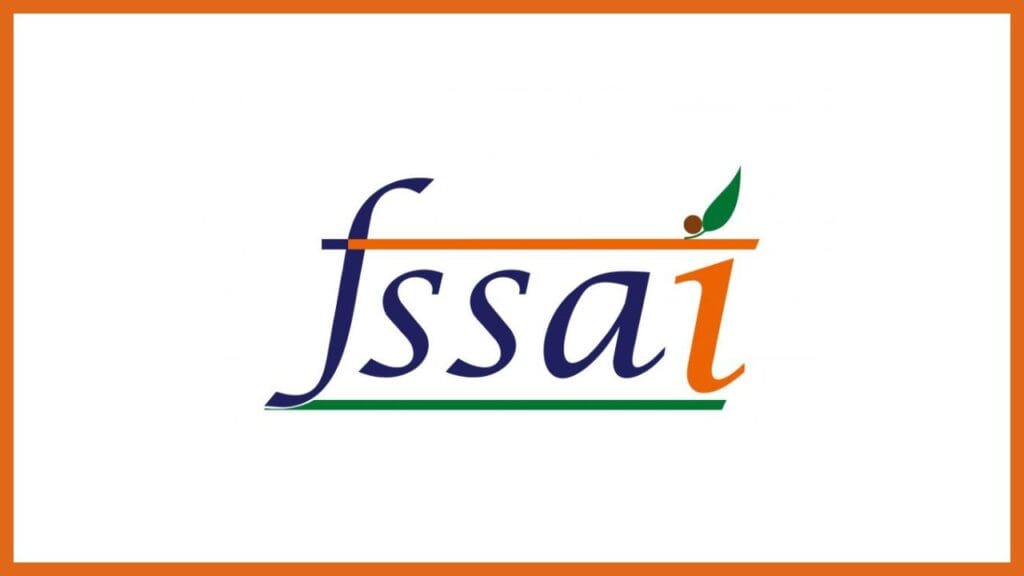The FSSAI (Food Safety and Standards Authority of India) has launched a special drive ahead of the festive season to curb food adulteration. With the surge in demand for sweets, snacks, and dairy products such as ghee, khoa, and paneer during September and October celebrations, the initiative aims to ensure food safety and protect consumers amid rising festive purchases.
However, this sudden spike in demand often leads to unethical practices by some manufacturers and shop owners who try to increase profits by adding harmful or low-quality substances to food items. To tackle this growing concern and protect consumers, the Food Safety and Standards Authority of India (FSSAI) has launched a nationwide special festive surveillance drive.
FSSAI Issues Instructions
FSSAI has officially written to State and Union Territory Food Safety Commissioners and Regional Directors, directing them to begin strict inspection and monitoring activities during the entire festive period. The authority warned that adulteration in products like ghee and milk-based sweets poses a serious risk to public health and needs immediate intervention.
To ensure safety, FSSAI has urged state teams to identify hot spots, wholesale markets, and high-risk vendors where large-scale production and sale of sweets and snacks take place. Enforcement officers have been instructed to conduct surprise checks, collect samples and ensure that only safe and hygienic food reaches consumers.
Mobile Testing Units Deployed
One of the key highlights of this initiative is the deployment of Food Safety on Wheels (FSW) — specially equipped mobile food testing vans. These units will be stationed at busy markets, sweet shops and public gatherings to conduct instant tests for adulteration.
These vans will not only check food products on the spot but also spread awareness among consumers and vendors. People visiting these markets can directly watch the testing process and understand how adulteration is detected in real-time. This move is expected to build greater transparency and trust, especially during a time when food consumption is at its peak.

Digital Reporting Begins
FSSAI has made it mandatory for all state-level officers to record inspection and sampling data on digital platforms such as FoSCoS (Food Safety Compliance System) and FoSCoRIS (Food Safety Compliance and Reporting System). All reports must be updated before November 15, 2025, ensuring accountability and proper tracking of enforcement actions.
This systematic approach ensures that data from across India can be analysed centrally to identify trends, common adulterants and frequently violating vendors. Based on this data, authorities may take legal action or cancel licences of repeat offenders.
What is FSSAI?
FSSAI (Food Safety and Standards Authority of India) is the national food regulatory body under the Ministry of Health and Family Welfare. It is responsible for framing food safety regulations, issuing licences to food businesses, conducting inspections, and taking legal action against violators.
Every packaged food item in India must carry an FSSAI licence number, which helps consumers verify whether the manufacturer is authorized. The authority conducts regular awareness campaigns, laboratory tests, and public drives to ensure that food available in the market is safe, pure and hygienic.
Consumers Must Stay Alert
While authorities are increasing market inspections, consumers also play an important role in ensuring food safety. People are advised to avoid buying loose sweets or unlabelled products that do not carry proper information about ingredients or manufacturer details.
Buying only from reputed and trusted vendors, checking manufacturing and expiry dates, and reporting suspicious products can go a long way in preventing health hazards.


